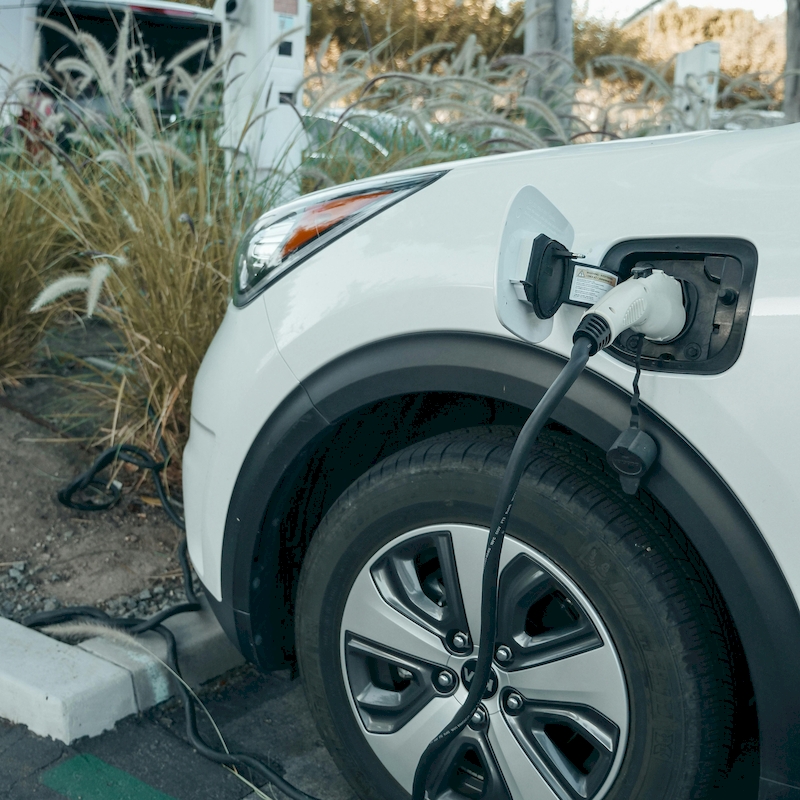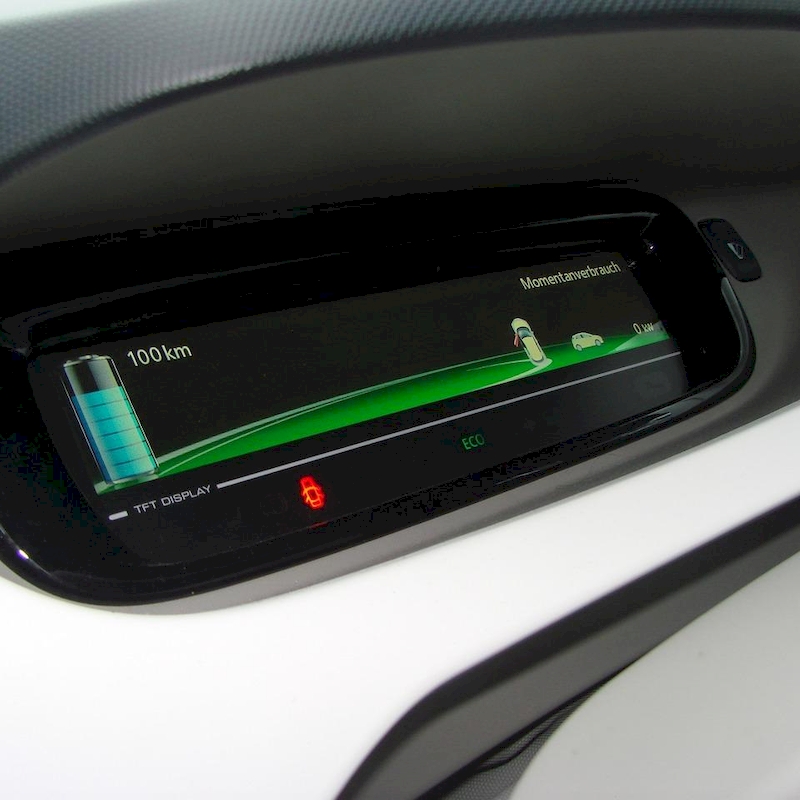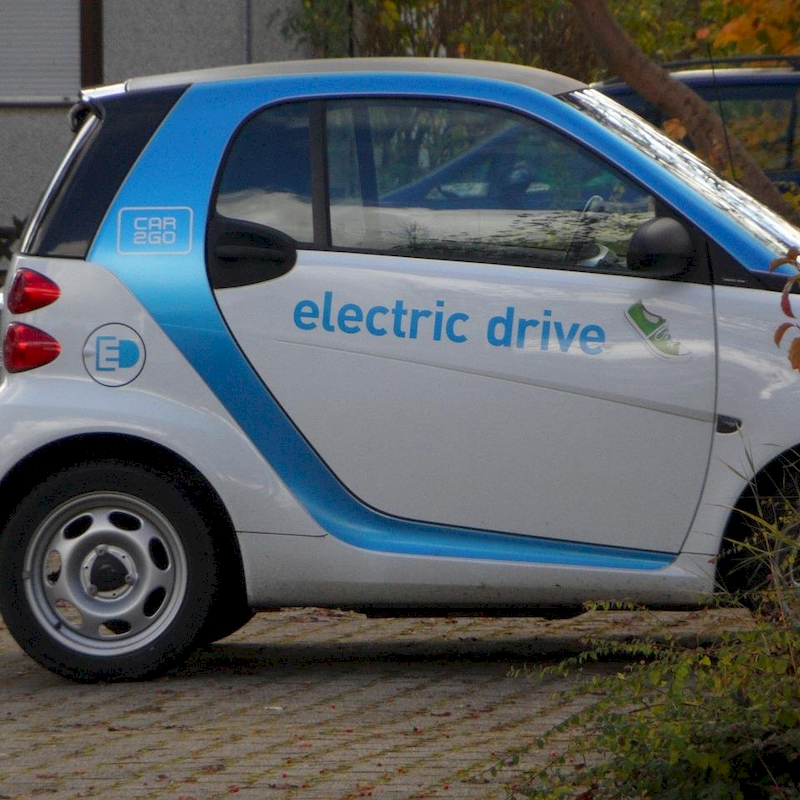In recent years, hybrid vehicles have gained significant popularity as eco-friendly alternatives to conventional gasoline-powered cars. With rising fuel costs and growing concerns about environmental impacts, many drivers are making the switch to hybrids. While these vehicles provide excellent fuel efficiency and reduced emissions, potential buyers often have questions about one of the most crucial components: the hybrid car battery. One persistent inquiry that many prospective buyers may have is, “how long do hybrid car batteries last?” Understanding the lifespan of hybrid batteries is essential for making informed choices when considering a hybrid vehicle.
Hybrid car batteries, also known as traction batteries, play a vital role in powering the electric motor and facilitating seamless transitions between electric and gasoline power. The longevity of these batteries can vary greatly based on several factors, including vehicle type, driving habits, climate, and maintenance practices. In this comprehensive article, we will delve into the factors influencing battery life, provide insights on when you might need a replacement, explore maintenance tips, and discuss warranty policies of different manufacturers. By the end of this guide, you will have the knowledge needed to keep your hybrid battery operating efficiently for years to come.

Understanding Hybrid Car Battery Basics
Before we dive into the lifespan of hybrid car batteries, it’s essential to understand their composition and functionality.
Types of Hybrid Batteries
Most modern hybrid vehicles utilize one of two primary types of batteries: Nickel-Metal Hydride (NiMH) batteries and Lithium-Ion (Li-ion) batteries.
- Nickel-Metal Hydride Batteries: This older technology is commonly found in earlier hybrid models, such as the Toyota Prius. NiMH batteries offer excellent energy density and a relatively long lifespan, but they typically have a shorter overall lifespan compared to lithium-ion batteries.
- Lithium-Ion Batteries: This newer technology has become the standard in many recent hybrid and electric vehicles. Li-ion batteries offer higher energy density, longer lifespan, and improved efficiency. For these reasons, they are increasingly preferred by manufacturers, as they allow for extended driving ranges and better overall performance.
How Hybrid Batteries Work
Hybrid batteries provide power to the electric motor, which assists the gasoline engine during acceleration and other demanding conditions. When the vehicle slows down or comes to a stop, regenerative braking captures energy and recharges the battery. This efficient energy flow allows for greater fuel efficiency, so understanding how your battery operates will help you maximize performance.
Factors Affecting Hybrid Car Battery Lifespan
When considering “how long do hybrid car batteries last,” it is crucial to remember that several factors can influence their longevity. Some of these factors include:
Driving Habits
Your driving style plays a significant role in determining how long your hybrid battery will last. For example, if you frequently engage in aggressive driving, such as quick acceleration and hard braking, your battery will experience more stress. On the contrary, if you adopt a smoother, more controlled driving style, you can help reduce wear on the battery and prolong its lifespan.
Temperature and Climate
Climate can have a profound effect on battery performance. Extreme temperatures, whether hot or cold, can negatively impact battery efficiency and longevity:
- Heat: High temperatures can cause the battery to overheat, leading to chemical degradation within the battery. This breakdown can shorten the lifespan of your battery significantly.
- Cold: Extremely cold conditions can narrow the battery’s operational capacity, impacting its performance and efficiency. In such climates, it’s essential to store your vehicle in a garage or shield it from cold winds to protect the battery.
Maintenance Practices
Proper maintenance is crucial for prolonging the life of your hybrid battery. Simple practices can help you keep your battery performing optimally. For example, regularly checking the battery’s health and ensuring that the battery cooling system is functioning correctly can positively impact lifespan.
Use of Accessories and Load
Using electrical accessories, such as air conditioning and heated seats, can put additional strain on the hybrid battery. When operating multiple power-consuming accessories simultaneously, you might notice a reduction in battery range. Limiting the implementation of non-essential features can therefore help extend battery life.
Technology Advances
As battery technology continues to evolve, newer hybrid vehicles are likely to feature more efficient battery systems with improved longevity. Manufacturers are investing substantially in research and development to produce batteries that withstand wear and provide longer service life. Staying informed on advances in hybrid technology can give you insights into potential improvements in lifespan and performance.
Average Lifespan of Hybrid Car Batteries
Now that we have explored the factors that affect hybrid battery longevity, let’s discuss the average lifespan of these batteries and when you might need to consider a replacement.
Typical Durability Expectations
Most hybrid car batteries have an average lifespan ranging from 8 to 15 years, depending on various conditions. However, many drivers may find that their hybrid batteries last significantly longer. For instance, thousands of drivers with hybrid vehicles report experiencing battery longevity beyond 10 years without issues.
Warranty Coverage
When purchasing a hybrid vehicle, it’s important to understand the manufacturer’s warranty policy regarding hybrid batteries. High-quality automakers often provide warranties for hybrid batteries that can cover 8 years or up to 100,000 miles—whichever comes first. Some manufacturers, like Toyota and Honda, offer even longer coverage. This warranty often assures buyers that the manufacturer is confident in their battery technology.

Monitoring Battery Health
To ensure your battery lasts as long as possible, be proactive in monitoring its health. Most hybrid vehicles provide onboard diagnostics for battery performance that can help identify any potential issues. If you notice a marked decrease in performance or efficiency, consult a qualified technician to check your battery’s health.
Signs Your Hybrid Battery Needs Replacement
As with any component, hybrid batteries have a finite life, and there are signs indicating it might be time for replacement. Recognizing these symptoms can help you avoid potential issues down the road.
Decreased Fuel Efficiency
One of the first signs that your hybrid battery may be nearing the end of its lifespan is a noticeable drop in fuel efficiency. If you find that you are refueling more often or if the vehicle is struggling with acceleration, consider having the battery assessed.
Warning Lights and Alerts
Many hybrid vehicles have built-in diagnostic systems that alert you when the battery is experiencing issues. Be vigilant for battery warning lights on your dashboard. The appearance of these alerts often indicates a need for maintenance or replacement.
Reduced Performance
If your vehicle struggles during starts, particularly in electric mode, or if the transition between gas and electric power becomes rough, these may be early warning signs that your battery is losing its effectiveness.
Age of the Battery
As mentioned previously, hybrid batteries typically last between 8 and 15 years, depending on conditions. If your battery is nearing the 10-year mark, it may be wise to consult with professionals regarding its health.
External Damage
Physical damage can also compromise battery performance. If you notice any signs of swelling, leaks, or corrosion around the battery terminals, it’s crucial to address the issue immediately and consult a technician for assistance.
How to Extend the Life of Your Hybrid Car Battery
With some deliberate practices, you can help optimize the lifespan of your hybrid battery. Here are several tips to keep in mind:
Maintain Optimal Charge Levels
Regularly monitoring your hybrid battery charge levels can improve battery lifespan. Strive to keep your vehicle charged between 20% and 80%. Letting the battery dip below 20% or remain above 80% consistently can impose strain on its chemistry, potentially shortening its life.
Limit Extreme Temperature Exposure
Taking steps to protect your hybrid vehicle from extreme temperature conditions can significantly benefit the longevity of the battery. If you live in a particularly hot or cold climate, consider:
- Parking in Shade: During hot weather, park your hybrid car in shaded areas or garages.
- Warm Up Before Driving: In cold weather, allow your car to warm up briefly before driving.
Usage of Eco Mode and Driving Style
Most hybrid vehicles come with an eco-driving mode designed to maximize fuel efficiency and lessen reliance on the gasoline engine. Utilize this feature to optimize your battery’s operation. Furthermore, adopting smoother driving habits (gentle acceleration and braking) can reduce wear on the battery.
User-Friendly Technology
Consider utilizing user-friendly apps or onboard diagnostics that allow you to monitor battery health continuously. These tools often provide insights to help you make informed decisions about driving habits and maintenance.
Regular Inspections
Schedule regular inspections for your hybrid vehicle, focusing on battery performance and overall health. Having certified technicians examine the battery may help identify potential issues before they evolve into larger problems.
The Future of Hybrid Car Batteries
Looking forward, advancements in technology promise to improve the lifespan, efficiency, and performance of hybrid batteries even further. As automakers continue to invest in research and development, we can expect several exciting developments.
Advancements in Battery Technology
New battery technologies, such as solid-state batteries, are on the horizon. These batteries are believed to offer enhanced energy density, faster charging times, and improved safety characteristics. If these technologies are successfully implemented, the longevity of hybrid batteries could see a substantial increase.
Increased Recycling Efforts
With the growing focus on sustainability, manufacturers are becoming more committed to recycling and reusing battery materials. This emphasis on sustainability can contribute to reducing environmental impact and improving lifecycle management of hybrid batteries.
Greater Consumer Education
As hybrid vehicles become more common, consumers are becoming increasingly well-informed about the benefits of hybrid technology. This trend will likely accelerate, paving the way for informed decisions regarding maintenance, battery monitoring, and replacement.

Conclusion
In conclusion, understanding how long hybrid car batteries last is a key aspect for anyone considering a hybrid vehicle. With an average lifespan of 8 to 15 years, many factors influence battery longevity, including driving habits, temperature, and maintenance practices. As the market continues to evolve, staying informed about advancements in battery technology and proper care can help you make the most of your hybrid experience.
Properly maintaining your hybrid battery requires attention and proactive measures to ensure efficient performance for years. By monitoring battery health, utilizing effective maintenance practices, and keeping an eye on emerging technologies, you can embrace the hybrid lifestyle confidently.
As society shifts toward more eco-friendly alternatives, hybrid vehicles will continue to play a vital role in sustainable transportation. With proper knowledge about battery care, drivers can tap into the extraordinary benefits that hybrid technology offers while contributing to a cleaner, greener environment.

